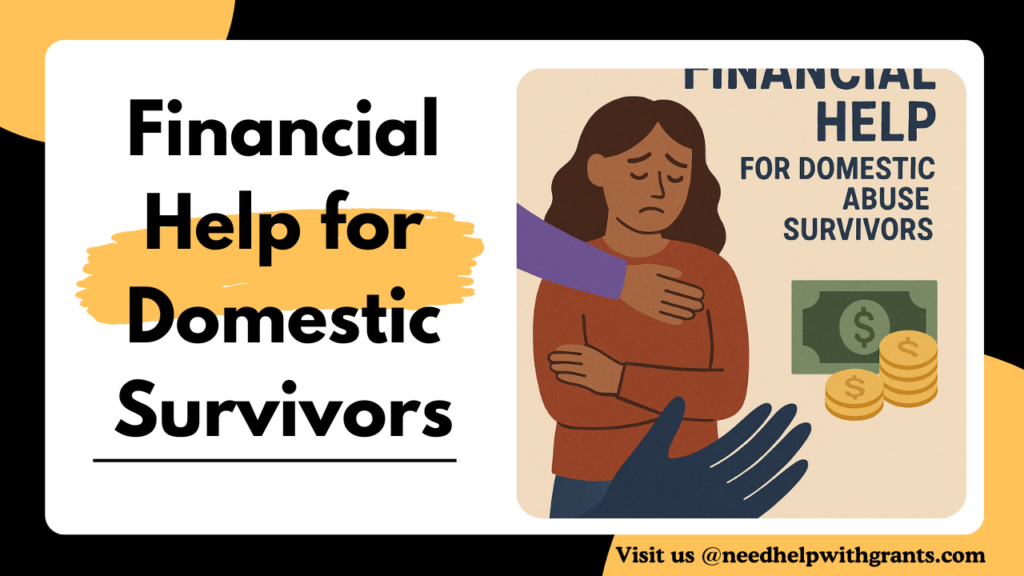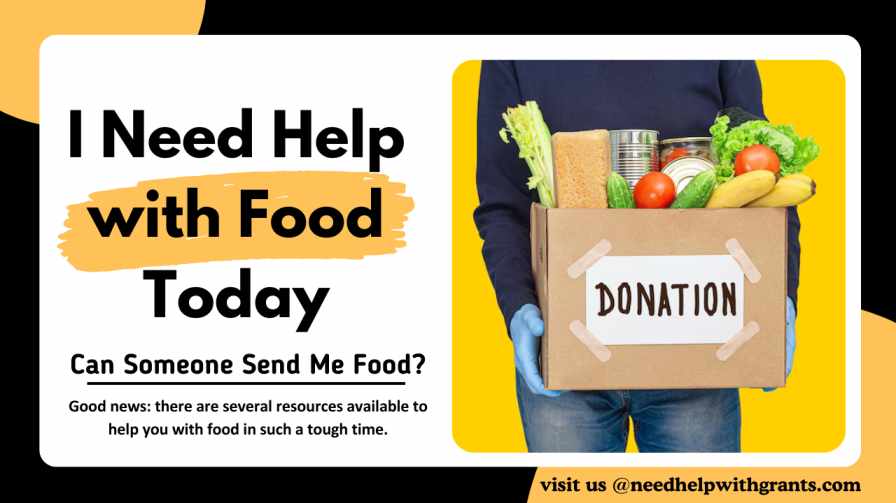Financial abuse often accompanies domestic violence, creating a complex web of control and dependency. Survivors frequently face overwhelming financial challenges when leaving abusive situations, including limited access to bank accounts, damaged credit scores, and minimal work experience. These obstacles can make financial independence seem insurmountable, but numerous resources and support systems exist to help survivors rebuild their lives.
Emergency Financial Help for Domestic Survivors
When immediate help is needed, several emergency resources provide crucial financial support to domestic violence survivors:
Emergency Cash Assistance
Various organizations offer emergency cash grants to help survivors with immediate expenses such as:
- Housing deposits and first month’s rent
- Emergency transportation
- Necessities like food and clothing
- Medical expenses and prescription medications
- Emergency childcare costs
Temporary Housing Support
Temporary housing assistance programs help survivors transition to safety through:
- Domestic violence shelters offering free temporary accommodation
- Housing vouchers for temporary rental assistance
- Transitional housing programs
- Emergency hotel vouchers when shelters are full
Also read: Financial Help for Domestic Violence Victims
Government Assistance Programs
Federal Programs
Several federal programs provide essential support to survivors:
- Temporary Assistance for Needy Families (TANF)
- Supplemental Nutrition Assistance Program (SNAP)
- Women, Infants, and Children (WIC) program
- Medicaid and Children’s Health Insurance Program (CHIP)
- Housing Choice Voucher Program (Section 8)
State-Specific Programs
Many states offer additional assistance through:
- State-specific victim compensation funds
- Emergency assistance programs
- State-run healthcare initiatives
- Local housing assistance programs
Legal Financial Assistance
Legal Aid Services
Survivors can access free or low-cost legal assistance for:
- Divorce proceedings
- Child custody battles
- Protection orders
- Immigration issues
- Housing disputes
Financial Justice Programs
These programs help survivors address the financial abuse aftermath:
- Credit repair assistance
- Debt consolidation programs
- Identity theft resolution
- Banking relationship restoration
Employment and Education Support
Job Training and Career Development
Programs helping survivors achieve financial independence through:
- Vocational training programs
- Resume writing assistance
- Interview preparation
- Professional clothing donations
- Job placement services
Educational Opportunities
Resources for continuing education include:
- Scholarships for survivors
- GED preparation programs
- College application assistance
- Financial aid guidance
Financial Education and Counseling
Financial Literacy Programs
Specialized programs teach essential financial skills:
- Budgeting and money management
- Understanding credit and debt
- Banking basics and account management
- Long-term financial planning
Credit Counseling Services
Professional guidance for:
- Credit report review and repair
- Debt management plans
- Bankruptcy counseling when necessary
- Student loan management
Non-Profit Organization Support
Domestic Violence Organizations
Local and national organizations provide comprehensive support:
- Financial assistance programs
- Counseling services
- Support groups
- Resource coordination
- Safety planning
Religious and Community Organizations
Faith-based and community groups offer:
- Emergency financial assistance
- Food pantries and clothing closets
- Transportation assistance
- Childcare support
Long-Term Financial Planning
Asset Building Programs
Programs helping survivors build financial stability:
- Individual Development Accounts (IDAs)
- First-time homebuyer programs
- Small business development assistance
- Retirement planning guidance
Insurance and Healthcare Planning
Support for securing essential coverage:
Health insurance navigation
Life insurance options
Disability insurance guidance
Long-term care planning
Safety Considerations When Seeking Help
When accessing financial resources, survivors should:
- Use safe computers or devices when researching help
- Create new accounts at different financial institutions
- Consider using a P.O. box for correspondence
- Work with domestic violence advocates for safety planning
- Keep essential documents in a secure location
Building a Support Network
A strong support network is crucial for long-term success:
- Connect with domestic violence support groups
- Work with financial advocates and counselors
- Maintain relationships with trusted friends and family
- Join survivor advocacy networks
- Engage with community support services
Taking the First Steps
For survivors ready to seek financial help:
- Contact domestic violence hotlines for initial guidance
- Connect with local domestic violence organizations
- Speak with financial advocates about available resources
- Create a safety plan before making major changes
- Document all financial abuse evidence when safe to do so
Remember that rebuilding financial independence takes time, and it’s okay to start small. The most important step is reaching out for help. With proper support and resources, survivors can work toward financial security and independence while maintaining their safety and well-being. Additional Resources.



